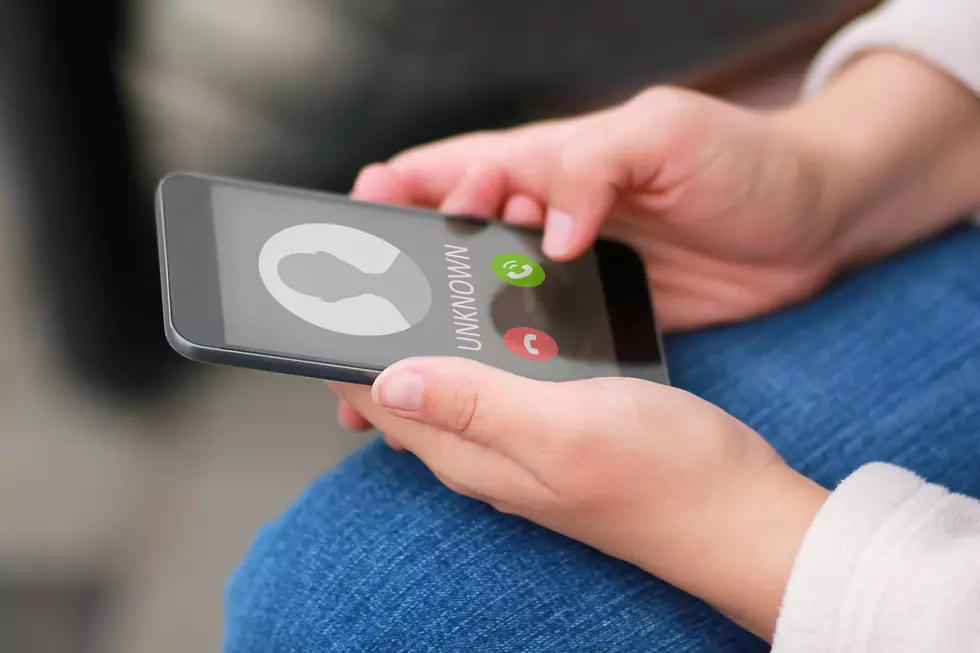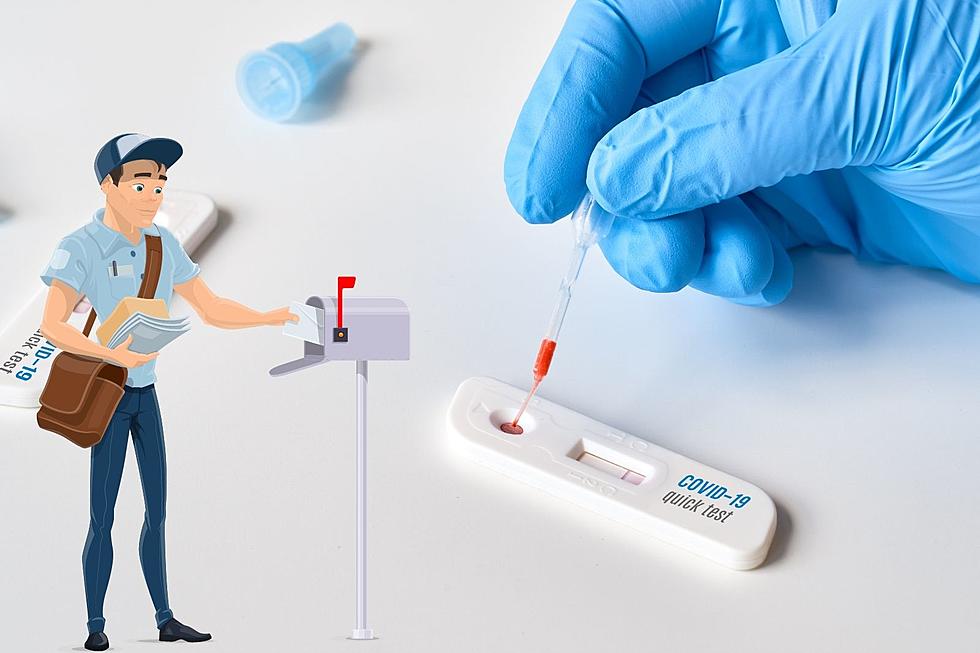
Indiana Health Department Reminds Residents of Potential Scamming
Scammers are crafty individuals. That's not meant to be a compliment, more of an observation. What I mean by it is that while good, decent people like you and I would never entertain the thought of using something like, let's say, a public health emergency as a tool for stealing money from people, but they do. They see it as an opportunity to prey on people's fear which is where their craftiness comes in. They concoct a plan complete with posing as a representative of a public agency along with some sort of made-up solution to whatever the problem happens to be. They tell their targets all they need to make the problem go away is to provide a few pieces of personal information or make some sort of payment over the phone. Of course, the target never receives the solution, just months of headaches as they try to get their identity back and whatever money was taken from them.
It seems that no agency or organization is exempt from being used as part of the plan. That includes the Indiana Department of Health who recently reminded residents on social media of scams being conducted around the state where the individuals behind them are claiming to be representatives of the Department.
In a statement posted to both their Facebook and Twitter accounts Tuesday afternoon, the Department reminded residents they will "NEVER" reach out to residents and ask for personal information. While they don't mention a specific scam or the method by which it's being executed, they do urge anyone who has received a message claiming to be from them asking for personal information to treat it as spam.

This isn't the first time the Department has been falsely represented. In the early months of the pandemic, scammers used contact tracing as a method of trying to obtain personal information by sending text messages to residents that included a link to a website. Once the link was clicked, it gave the scammers access to an individual's phone data, if it was sophisticated enough, or took them to a website where it asked for personal info to be entered.
As COVID-19 vaccines began to roll out across the state late last year, scammers would send e-mails, make phone calls, or send text messages with links offering early access to the vaccine for a fee.
If you receive a message or phone call from someone claiming to be with the state Department of Health that asks for personal information, especially your social security number or banking information, do not give it to them. If you're unsure about the legitimacy of the message or call (some scammers can be quite convincing), simply end the conversation if it's a phone call, or don't reply to the message, and contact the Department of Health to find out if the call is legit.
[Source: Indiana Department of Health on Facebook]
LOOK: Answers to 30 common COVID-19 vaccine questions
More From WGBFAM









